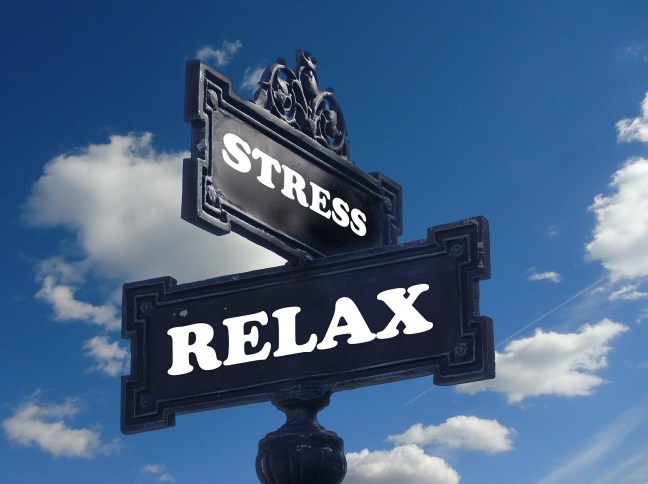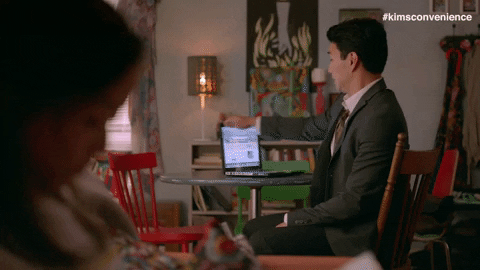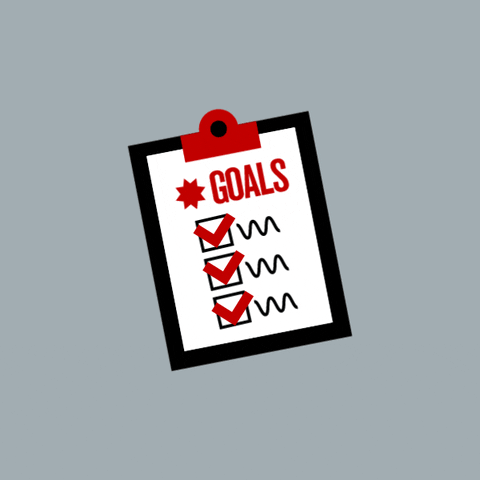
Everyone knows that in some cases, stress is unavoidable. Although many stressful situations may not seem that significant looking back, it is often not the case when you are in the moment, stressing over upcoming assignments, exams, and deadlines.
Our 30 Minutes a Month alumni participants know first-hand what it’s like to face stressful situations. We asked them to share some of the techniques they use now or have worked for them in the past.
Take a break
Taking a short break – either going for a walk, cooking something tasty or grabbing a coffee with a friend – can be precisely what you need to return to your commitments with a fresh mindset.
- Tenille Dittman (Bachelor of Business, 2018)
“If the stressor is short-term, for example, just needing time to complete a high priority task, I find that a short walk helps. It only needs to be a few minutes in the fresh air. I may go and get a takeaway coffee. The walk and fresh air together outweigh the effects of the stress.”
- Clifford Horwood (Master of Business Administration, 1996)
“If I feel I’m getting too stressed with a situation, I take a break. The more I stayed in a stressful study situation, the less I actually achieved, so I taught myself to take a break, either go for a walk or watch an episode on Netflix and then go back to it once I was feeling better.”
- Karen Howard (Bachelor of Accounting, 2021)
“Taking a walk or making lunch. Anything really that I enjoyed and gave my brain a break from the stresses I had at the time. I kept these breaks to 30 minutes so that I didn’t feel like I was avoiding my stress rather than taking a break from it.”
- Belinda Donaldson (Bachelor of Property, 2021)
“Reading a good book, going for a walk on the beach and coffee catch-ups with friends.”
- Peta Bosomworth (Bachelor of Education (Primary), 2000)
Exercise
Put some healthy stress on your body whilst giving your brain a break. Any form of exercise can be good for the body and the mind.
“My biggest stress reduction is exercise. Doesn’t really matter if it is going out for a walk in nature or going to the gym. The important thing about it for me was to make sure that I had dedicated time for it where I could focus on myself and not think about how much I had to catch up or what I was worried about. It was important to exercise the body and give the mind a break!”
- James Brown (Bachelor of Paramedic Science, 2019)
“Having a daily exercise regime. I swim each morning before work. I also do sit-ups and stretches, which help me mentally prepare for the day ahead. If I’ve had a stressful day, I also take a walk and swim at night.”
- Sharon Dekkers (Doctor of Philosophy, 2001)
“Yoga and deep breathing. I find that doing even 10 minutes of “surya namaskar” in intervals, or when you just roll out of bed, greatly helps with the physical stress of constantly sitting down, cramping muscles and backaches that in turn lead to emotional stress. I recommend doing stretches every 10 minutes, such as rolling the shoulders or neck to help increase blood flow, improve concentration, and alleviate accumulating stress.”
- Maria Cabral Fernandes (Certificate III in Business Administration, 2022)
Breathe
When people are under stress, their breathing pattern changes. This can lead to many complications that can take your situation from bad to worse. Sometimes all you need to reduce stress levels is to take a big, deep breath.
- Emma Craige (Bachelor of Psychological Science (Honours), 2021)
“I use a breathing app on my watch, which helps me relax.”
- Edmond D’Albret (Diploma of Human Resources Management, 2022)
“Deep breathing is my go-to stress management technique, not just in a moment of stress but also when I’m calm or need to refocus. If your body knows what it’s like to feel calm, it will do a better job when you’re stressed.”
- Jessica Wright (Bachelor of Psychological Science (Honours), 2016)
“Box breathing can be really helpful and contextualising why you are stressed may open ideas of how to reduce the precipitating factors.”
- Joshua Corbett (Bachelor of Paramedic Science, 2021)
Plan ahead if possible
Being organised and planning ahead can reduce the workload piling up. It can also help you have a clear picture of what needs to be done and help manage your tasks effectively.
- Emma Craige (Bachelor of Psychological Science (Honours), 2021)
“If the stressor is medium to long term, I concentrate on clearing the decks to make sure that I have time to work on the task. Preferably spread over several days.”
- Clifford Horwood (Master of Business Administration, 1996)
“Take time to plan your time. I ensure to make time for healthy meal prep and exercise, especially a walk in the evening. I make a to-do list before bed so I can sleep without stressing.”
– Tammy Hope (Bachelor of Medical Science (Specialisation), 2021)
Stressful situations can often be tricky to deal with, but they will eventually pass and can be managed using the techniques listed above. Make sure not to let stress get the best of you and ask for help if you need it.
Next week our alumni will be sharing their best tips and tricks for exam and assignment preparation and time management. If you’re an alumnus and want to give advice to current students, you can sign up to the 30 Minutes a Month micro-volunteering program.





